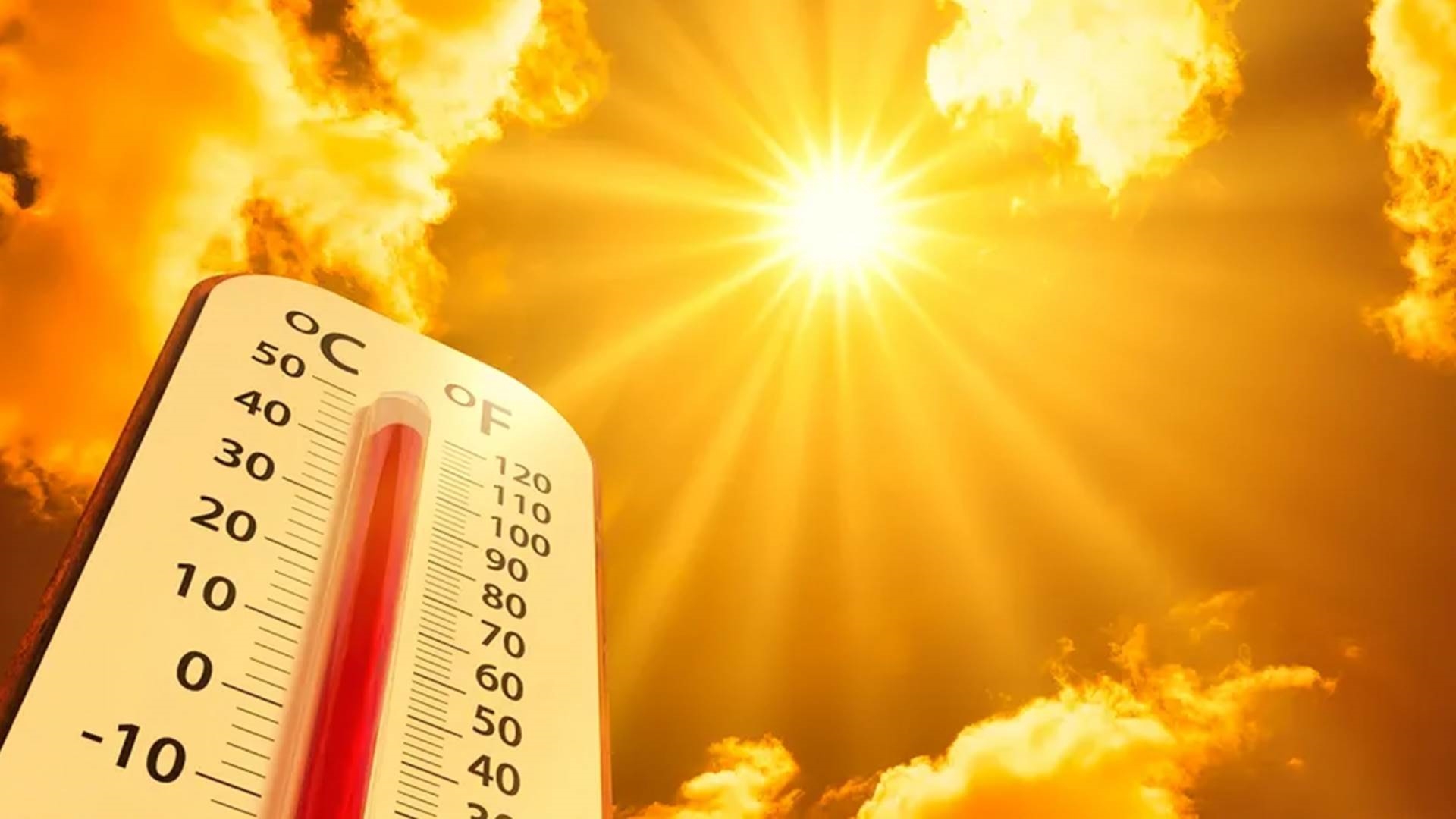Unprecedented Heatwaves and the coming is more intense

Heatwaves are currently taking place in the world, especially in our Arab homeland, amid warnings from weather authorities, to humans to be exposed directly to the afternoon sun and to moisturize their bodies as much as possible, especially since it seems that these successive waves will not calm down soon, we are still on the first days of summer!
Heatwaves are defined as a climatic phenomenon characterized by unusually high and sustained temperature for a period of time ranging from several days to weeks, which affects large geographical areas
Although high temperatures in the Arab region are normal and come every summer at the same rates, they have become different over the last decade from any time, with heatwave rates rising and becoming unprecedented higher and longer.
This is due to the detrimental effects of climate change as an actor in what is currently happening to our world today, especially in our Arab region, where much of our Arab world falls within areas most affected by climate change around the world.
This exacerbates several factors such as desertification, with arid areas expanding due to high temperatures and water stress, evaporation and water reduction, and in this context heatwaves are more harmful
International organizations confirm that the next is worse, with a study from Germany's Max Planck Institute indicating that by 2050, temperatures in the Middle East and North Africa region will be 4 degrees Celsius higher, and by the end of the century they could reach 50 degrees Celsius during the day, with 200 days of exceptional heat each year.
According to a study published in the journal Plus One, it analyzed the temporal evolution of the rates, intensity and length of heatwaves in 53 cities in the Middle East and North Africa region during the 21st century. By the end of the century, 80% of the most populous cities are expected to experience at least 50% of the days under heatwave conditions during the warm season. The study also stated that there would be a marked rise in the average and maximum intensity of heat waves
Globally, the World Meteorological Organization (WMO) says that there is an 86% probability that one of the next five years will record the highest temperatures on record, surpassing 2023.







